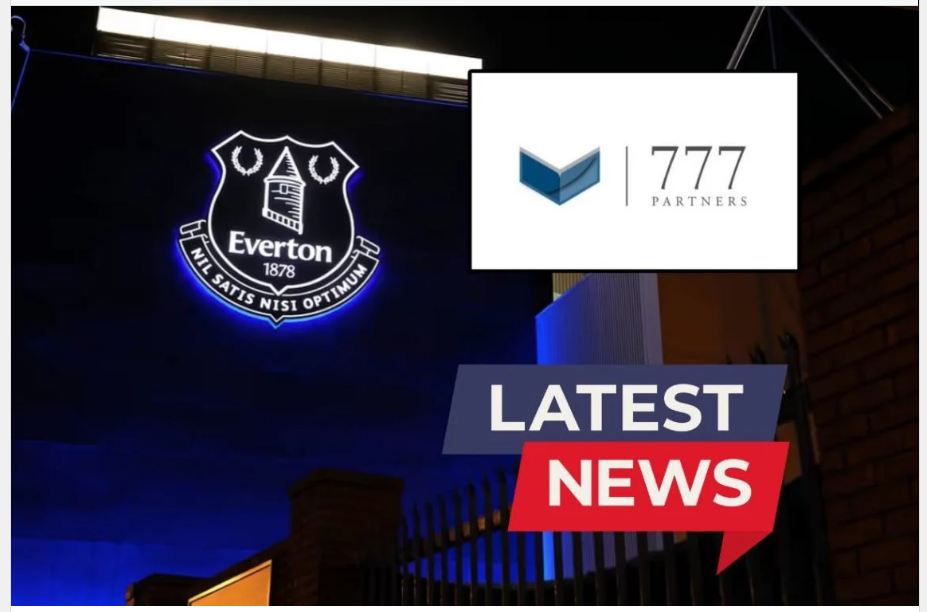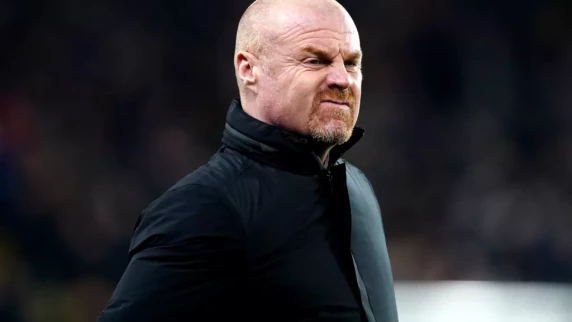Joe Thomas, the Everton FC correspondent, discusses how the power club can use new interviews with celebrities like Kevin Thelwell and Seamus Coleman to their advantage.

The newest podcast series from the BBC about Everton has broken the stillness during this international break like the deafening siren that heralds the arrival of Z-Cars to Goodison Park.
Everyone connected to Everton, whether they were inside the team or simply observed, had a difficult season the previous year. The voice of legendary club kit man Jimmy Martin, who recalls how “draining” it was, captures the starkness of the last week before survival against Bournemouth was guaranteed.
Under the direction of Giulia Bould of Radio Merseyside, Everton: Nothing Will Be The Same is an intriguing body of work that provides an intimate look inside Finch Farm during such a volatile campaign.
Additionally, it serves as a channel for supporters to learn about the ideas and opinions of important individuals, such as club captain Seamus Coleman and director of football Kevin Thelwell.
While some of the interviews were recorded while the events were happening, others were conducted after everyone had had time to gather their thoughts and analysis and the benefit of hindsight. Although each listener will evaluate and draw their own conclusions from the ten episodes, it is remarkable how many of the speakers are compelling and persuasive.
For the majority of his protracted stay on Merseyside, Coleman’s leadership qualities have been evident both on and off the field. He provides clarity on the emotional strain of such drastic changes within a dressing room, as well as an insightful and sympathetic explanation of the circumstances surrounding the club following Frank Lampard’s departure.
Thelwell, meanwhile, provides the clearest justification of Everton’s January transfer window trajectory to date. He is forthright about the circumstances he operated under and, to some extent, continues to operate in, as well as his wish to avoid jeopardizing valuable spending power on acquisitions that amounted to gambles.
It is admirable that he was so forthright in acknowledging that the lesson he learned that month was to be more “aggressive” when making transfer demands so he could have more time to manage his finances, something he felt he was unable to accomplish following the sale of Anthony Gordon to Newcastle United. “I would probably push more aggressively for us to sell earlier because it would, he clarified. Just provide us with a chance to spend… We could draw a line in the sand and say, Look, you have 48 hours to buy this player if you are interested in him.” Purchase him if that is your yearning. We won’t be selling after this date, so if you don’t want to, move on. Unfortunately, given our circumstances, we were unable to do so even though it was clear to everyone that we needed the money.
During the previous season, a number of issues surfaced, one of which was the type and efficiency of communication regarding the club’s efforts to progress Everton. This series demonstrates that the club has some interesting and articulate members who, when pressed, can provide wisdom and understanding that could be useful..



